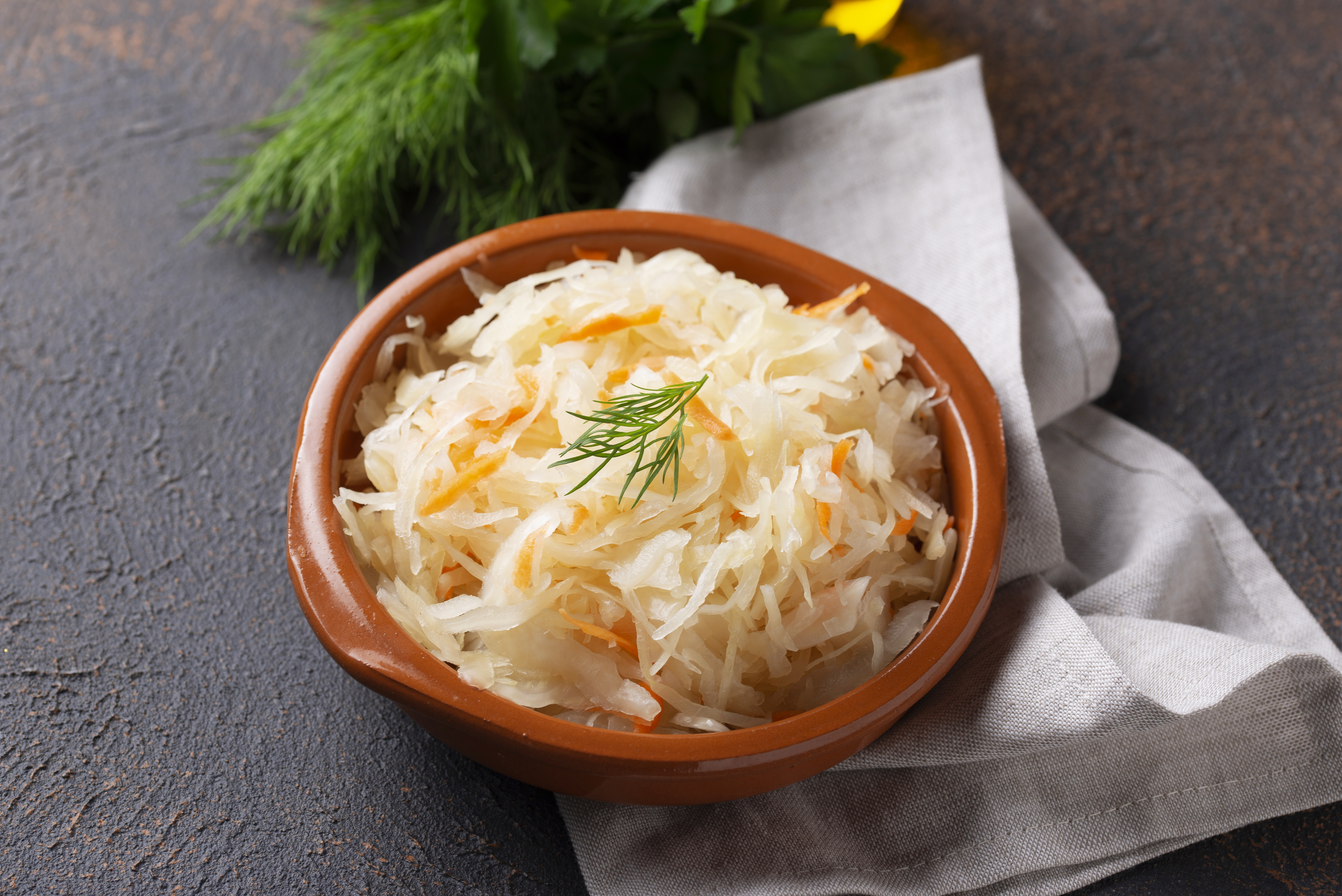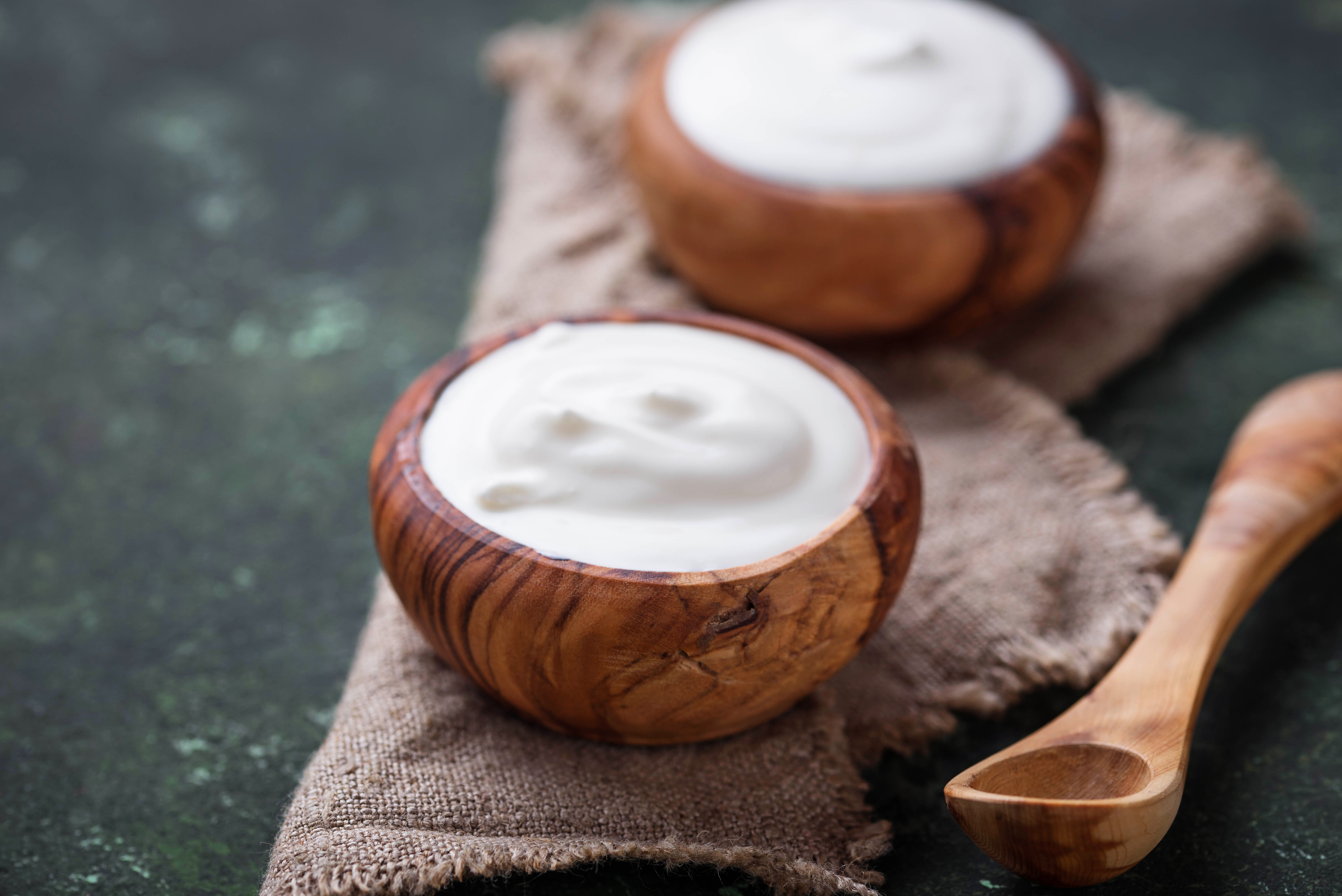Probiotics vs. Prebiotics: What’s the Difference and Why Does It Matter?
The human gut is a bustling metropolis of microorganisms, housing trillions of bacteria, viruses, fungi, and other microscopic entities. This complex ecosystem, known as the microbiome, plays a crucial role in maintaining our overall health. Within this realm, probiotics and prebiotics emerge as significant players. Probiotics are live beneficial bacteria that confer health benefits when consumed in adequate amounts. Prebiotics, on the other hand, are non-digestible food ingredients that promote the growth of beneficial bacteria in the gut. Together, these elements work synergistically to support digestive health, boost the immune system, and even influence mood and mental well-being. As we delve into the intricate details of probiotics and prebiotics, we will uncover their unique characteristics, benefits, and how they differ from one another, providing a comprehensive understanding of their roles in our health.
1. Probiotics: The Beneficial Bacteria

Probiotics are live microorganisms, primarily bacteria, that provide health benefits when consumed in adequate amounts. They are often referred to as "good" or "friendly" bacteria due to their positive impact on gut health. Common strains include Lactobacillus and Bifidobacterium, which are found in fermented foods such as yogurt, kefir, and sauerkraut. These beneficial bacteria help maintain a healthy balance in the gut microbiome by inhibiting the growth of harmful bacteria, enhancing the gut barrier function, and modulating the immune response. Research has shown that probiotics can alleviate symptoms of digestive disorders, such as irritable bowel syndrome (IBS) and inflammatory bowel disease (IBD), and may even reduce the risk of certain infections. The efficacy of probiotics depends on factors such as strain specificity, dosage, and the individual's unique gut microbiota composition.
2. Prebiotics: Nourishing the Good Guys

Prebiotics are non-digestible food components, primarily fibers and oligosaccharides, that selectively stimulate the growth and activity of beneficial bacteria in the gut. Unlike probiotics, prebiotics are not live organisms but rather the food source that fuels the growth of these beneficial microbes. Common sources of prebiotics include garlic, onions, bananas, and whole grains. By providing nourishment to beneficial bacteria, prebiotics help maintain a healthy gut microbiome balance, supporting digestive health and enhancing the body's immune response. Additionally, they play a role in the production of short-chain fatty acids (SCFAs), which have anti-inflammatory properties and contribute to overall gut health. The effectiveness of prebiotics depends on factors such as the type of fiber, dosage, and individual gut microbiota composition.
3. The Symbiotic Relationship: Probiotics and Prebiotics Together

While probiotics and prebiotics serve distinct roles, their combined use can enhance their overall benefits, leading to what is known as a synbiotic effect. Synbiotics are products that contain both probiotics and prebiotics, designed to improve the survival and colonization of beneficial bacteria in the gut. This combination ensures that probiotics have the necessary nutrients to thrive and exert their positive effects on the gut microbiome. The synergy between probiotics and prebiotics can enhance digestive health, boost the immune system, and improve nutrient absorption. For instance, a synbiotic yogurt containing both live probiotic cultures and prebiotic fibers can provide a more comprehensive approach to gut health than either component alone. Understanding the symbiotic relationship between probiotics and prebiotics is crucial for optimizing their health benefits.
5. Probiotic Strains: Not All Are Created Equal

The effectiveness of probiotics largely depends on the specific strains used, as different strains have unique properties and health benefits. For example, Lactobacillus rhamnosus GG is well-known for its ability to prevent and treat diarrhea, while Bifidobacterium lactis has been shown to improve digestive health and enhance immune function. It is essential to choose the right probiotic strain for specific health concerns, as not all strains will have the desired effect. Additionally, factors such as dosage, delivery method, and individual gut microbiota composition can influence the efficacy of probiotics. When selecting a probiotic supplement or food product, it is important to consider the specific strains included and their documented health benefits. Consulting with a healthcare professional can help determine the most appropriate probiotic strain for individual needs.
6. Prebiotics and Gut Microbiota Diversity

Prebiotics play a crucial role in promoting gut microbiota diversity, which is essential for maintaining a healthy gut ecosystem. A diverse gut microbiota is associated with improved digestive health, enhanced immune function, and a reduced risk of chronic diseases. By providing a food source for beneficial bacteria, prebiotics encourage the growth of a wide range of microbial species, contributing to a balanced and diverse gut microbiome. This diversity is important for the production of short-chain fatty acids, which have anti-inflammatory properties and support gut health. Consuming a variety of prebiotic-rich foods can help maintain gut microbiota diversity and promote overall health. It is important to include a range of prebiotic sources in the diet to ensure a diverse and thriving gut microbiota.
7. Health Benefits of Probiotics: Beyond Digestion

While probiotics are primarily known for their digestive health benefits, their impact extends beyond the gut. Research has shown that probiotics can play a role in supporting mental health, reducing the risk of certain infections, and improving skin health. The gut-brain axis, a bidirectional communication system between the gut and the brain, is influenced by the gut microbiome. Probiotics can modulate this axis, potentially alleviating symptoms of anxiety and depression. Additionally, probiotics can enhance the body's immune response, reducing the risk of respiratory and urinary tract infections. Some studies have also suggested that probiotics may improve skin conditions such as eczema and acne by modulating the immune response and reducing inflammation. The diverse health benefits of probiotics highlight their importance in maintaining overall well-being.
8. Prebiotics and Metabolic Health

Prebiotics play a significant role in supporting metabolic health by influencing the gut microbiome and its production of short-chain fatty acids (SCFAs). SCFAs, such as butyrate, acetate, and propionate, have been shown to improve insulin sensitivity, regulate appetite, and reduce inflammation. By promoting the growth of beneficial bacteria, prebiotics can enhance the production of SCFAs, contributing to improved metabolic health. Studies have shown that prebiotic intake can reduce the risk of obesity, type 2 diabetes, and cardiovascular disease. Additionally, prebiotics can improve lipid metabolism, leading to lower cholesterol levels and a reduced risk of heart disease. Including prebiotic-rich foods in the diet can support metabolic health and reduce the risk of chronic diseases.
9. Safety and Side Effects: What You Need to Know

While probiotics and prebiotics are generally considered safe for most people, some individuals may experience side effects. Probiotics can cause mild digestive symptoms such as gas and bloating, particularly when first introduced to the diet. These symptoms are usually temporary and subside as the body adjusts to the new bacteria. Prebiotics, being fibers, can also cause digestive discomfort, especially when consumed in large amounts. It is important to introduce probiotics and prebiotics gradually and to consult with a healthcare professional if any adverse effects occur. Additionally, individuals with compromised immune systems or serious health conditions should seek medical advice before using probiotic supplements. Ensuring the safe and effective use of probiotics and prebiotics is essential for maximizing their health benefits.
10. Choosing the Right Products: Supplements vs. Food Sources

When it comes to incorporating probiotics and prebiotics into the diet, individuals have the option of choosing between supplements and food sources. Probiotic supplements offer a convenient way to consume specific strains and dosages, but they may not provide the same range of benefits as whole foods. Fermented foods, such as yogurt, kefir, and kimchi, contain a variety of probiotic strains and additional nutrients that support gut health. Similarly, prebiotic supplements can provide concentrated doses of specific fibers, but whole foods offer a broader range of nutrients and benefits. It is important to consider individual preferences, dietary needs, and health goals when choosing between supplements and food sources. A balanced approach that includes a variety of probiotic and prebiotic-rich foods can provide the most comprehensive health benefits.
11. The Future of Probiotics and Prebiotics: Personalized Nutrition

As research on the gut microbiome continues to evolve, the future of probiotics and prebiotics lies in personalized nutrition. Advances in microbiome analysis and genetic testing are paving the way for tailored dietary recommendations based on individual gut microbiota composition. Personalized probiotics and prebiotics can optimize gut health by targeting specific microbial imbalances and supporting the growth of beneficial bacteria. This approach has the potential to improve the management of digestive disorders, enhance immune function, and support overall health. As our understanding of the gut microbiome deepens, personalized nutrition will play an increasingly important role in harnessing the benefits of probiotics and prebiotics for individual health needs.
12. Probiotics and Prebiotics in Special Populations

Certain populations, such as infants, the elderly, and individuals with specific health conditions, may have unique needs when it comes to probiotics and prebiotics. For example, infants can benefit from probiotics to support the development of a healthy gut microbiome, which is crucial for immune function and overall growth. The elderly may experience age-related changes in gut microbiota composition, making probiotics and prebiotics important for maintaining digestive health and preventing infections. Individuals with conditions such as IBS, IBD, or lactose intolerance may also benefit from targeted probiotic and prebiotic interventions. It is important to consider the specific needs and health goals of different populations when incorporating probiotics and prebiotics into the diet.
13. Misconceptions and Myths: Separating Fact from Fiction

Despite their growing popularity, misconceptions and myths about probiotics and prebiotics persist. One common misconception is that all probiotics are the same, when in fact, different strains have unique properties and health benefits. Another myth is that prebiotics are only beneficial for digestive health, whereas they also play a role in metabolic health and immune function. Some people believe that taking high doses of probiotics will provide greater benefits, but more is not always better, and excessive intake can lead to side effects. It is important to rely on evidence-based information and consult with healthcare professionals to make informed decisions about probiotics and prebiotics. By separating fact from fiction, individuals can better understand the true benefits and limitations of these important dietary components.
Embracing Probiotics and Prebiotics for Optimal Health

The intricate relationship between probiotics, prebiotics, and the gut microbiome underscores their significance in maintaining overall health and well-being. By understanding their distinct roles and benefits, individuals can make informed choices about incorporating these elements into their diets. Whether through supplements or whole foods, probiotics and prebiotics offer a range of health benefits, from supporting digestive health to enhancing immune function and promoting metabolic health. As research continues to advance, personalized nutrition will play a crucial role in optimizing the benefits of probiotics and prebiotics for individual health needs. By embracing the power of these beneficial bacteria and their nourishing companions, we can take proactive steps towards achieving optimal health and well-being.
